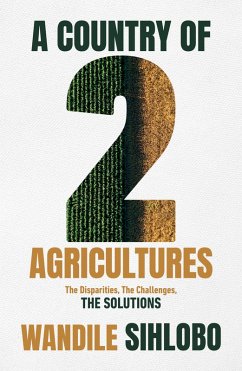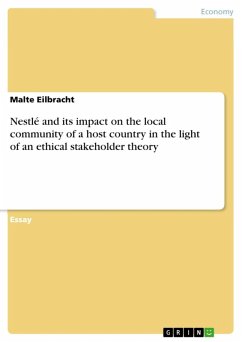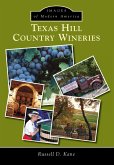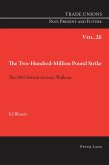Nearly three decades after the dawn of democracy, South Africa has remained a country of 'two agricultures'. On the one hand we have a subsistence, primarily non-commercial, black farming segment. On the other hand, however, we have a predominantly commercial and white farming sector that is well-resourced and has access to domestic and international trade networks. These disparities can be traced back to South Africa's painful history where, for decades, black farmers were on the margins of government support and also experienced land dispossession and livestock plunder. A Country of Two Agricultures focuses less on history and more on the present and the future, explaining why these disparities have persisted in the democratic era, and what it will take to overcome them. It aims to contribute to a better understanding of the variety of agricultural forces, taking into account both questions of domestic political economy and external factors, as well as to bring to light new risks and opportunities. Wandile Sihlobo offers insights into the role of agriculture in the South African economy from an agricultural economy perspective, and provides political economy insights that are rooted in the experiences of farming communities on the ground and right through the value chain. Beyond insights on the realities this book offers the government, the private sector, and anyone interested in the betterment of the South African economy, tools to grapple with this duality, and proposes a framework for bolstering the black farming segment for growth and competitiveness - and ultimately food security. Wandile Sihlobo is the Chief Economist of the Agricultural Business Chamber of South Africa (Agbiz) and the author of Finding Common Ground: Land, Equity and Agriculture.
Dieser Download kann aus rechtlichen Gründen nur mit Rechnungsadresse in A, B, BG, CY, CZ, D, DK, EW, E, FIN, F, GR, H, IRL, I, LT, L, LR, M, NL, PL, P, R, S, SLO, SK ausgeliefert werden.









